History books often paint a clear picture of the past, but what if some well-known stories aren’t quite what they seem? It’s always fascinating to peek behind the curtain and explore different takes on famous events. You might be surprised by what you find! Get ready to question some common beliefs as we dive into ten historical moments from a completely different angle.
10. The Ancient Romans Were Actually Prudes
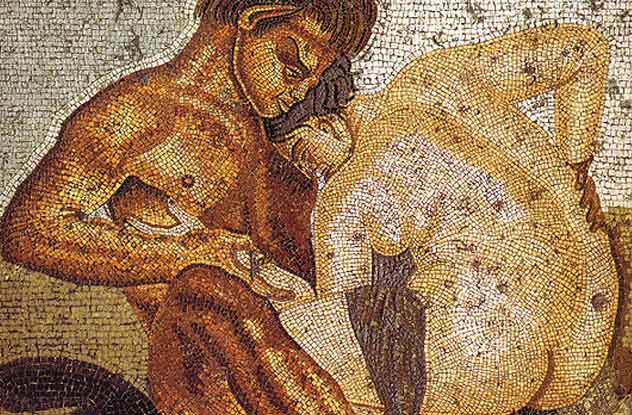
Popular culture often portrays ancient Romans as indulging in wild, unrestrained sexual escapades. However, some historical perspectives suggest they were, in fact, a rather prudish society, especially during the Roman Republic. Open displays of affection between couples were considered offensive. One senator was even reportedly expelled from the Senate for kissing his wife in public!
Believe it or not, sex during the daytime was frowned upon; it was strictly a nighttime activity. Even then, no candles or lamps were allowed, as it was deemed bad taste. Women were not supposed to be fully naked, which was considered immoral. It seems the Romans only became more adventurous in their sexual habits after absorbing Greek culture.
So, what about those infamous Roman orgies? According to Dr. Alastair Blanshard from the University of Sydney, the so-called Roman orgy was largely a religious ritual honoring Dionysus, the god of revelry. Public sex was extremely rare, recorded only twice in all known ancient Roman orgies. While Roman festivals were extravagant, Blanshard notes that Greek symposiums often saw more debauchery. This challenges the image many of us have of Roman life.
Who is to blame for this exaggerated view of Roman sexuality? Blanshard points to early Christian writers. In their efforts to promote Christianity, they often used Roman satirical works—not factual accounts—to describe Roman life. Attacking the supposed moral failings of the Romans became a way to attract converts to their new faith.
9. We Were Better Off As Hunter-Gatherers

We often think of early human life as harsh and bleak before the discovery of farming. But what if our hunter-gatherer ancestors actually had it pretty good? Evidence suggests they enjoyed shorter work hours, healthier diets, and suffered from fewer chronic illnesses compared to early farmers.
Scientists studying skeletal remains from ancient hunter-gatherers in Greece and Turkey found an interesting trend. After humans shifted to agriculture, their average height decreased. The introduction of grains and domesticated livestock also brought new diseases. Some evidence even suggests a significant shrinkage in human size post-agriculture.
The shift to farming didn’t just affect health; it also introduced social inequality. For the first time, individuals with fertile land could accumulate wealth, hire workers, and expand their holdings, eventually leading to the rise of rulers. The status of women also declined in agricultural societies. While women had worked alongside men in hunting and gathering, farming often confined them to domestic roles, primarily childbearing and maintaining the home.
8. China Improved Tibet
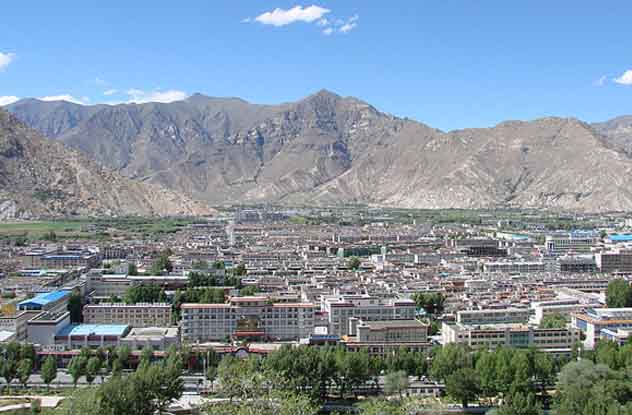
The Chinese government maintains that its “liberation” of Tibet in 1950 brought progress, including better infrastructure, education, and medical care. From this perspective, despite controversies and human rights concerns, Tibetans are materially better off than before.
While this narrative is often viewed as propaganda, some independent historians argue that pre-Chinese Tibet was far from the idyllic Shangri-La often imagined. They suggest it resembled medieval Europe, with a peasant population laboring on lands controlled by monks and aristocratic families. The vast majority of people were serfs, tied to the land and subject to their masters.
At the top of this social pyramid were the lamas. Contrary to their image as peaceful spiritual leaders, historical accounts suggest they ruled with an iron fist for centuries. They owned extensive lands and kept thousands of slaves. Oppressive laws and brutal punishments were reportedly common. One Dalai Lama is even said to have ordered severe punishments, like chopping off hands or gouging out eyes, for serfs who tried to escape. Tibet’s historical isolation makes verifying its true past difficult, and debates continue about whether it was a paradise or a place of suffering.
7. The Soviet Union Instigated The Six-Day War
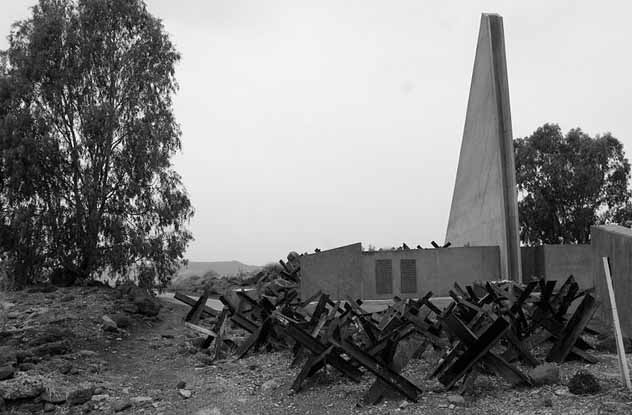
The Six-Day War in 1967 is a well-documented conflict, but some theories suggest a hidden hand behind its outbreak. According to historians Isabella Ginor and Gideon Remez, the Soviet Union may have deliberately orchestrated events to destroy Israel’s nascent nuclear capability. Their theory posits that the Soviets encouragedtheir Arab allies to provoke Israel into attacking first.
This war would then serve as a cover for the Soviets to deploy their advanced Mig-25 Foxbat jets to bomb Israel’s nuclear facility in Dimona. However, Israel’s surprisingly swift and decisive victories over the Arab armies allegedly thwarted this Soviet plan. While this sounds like a Cold War thriller, some evidence supports it. A retired Soviet navy officer confirmed he and his men were ordered to occupy Israeli harbors once hostilities began. Additionally, a Russian air force colonel reportedly confirmed that Mig-25 Foxbats did conduct surveillance missions over Dimona.
6. The US Provoked Japan Into War

The attack on Pearl Harbor is a defining moment in American history, but questions linger: Did the US government know about the attack in advance? And why would Japan attack a nation whose economic and military might, even some Japanese leaders admitted, would eventually overwhelm them?
Some alternative viewpoints suggest President Roosevelt’s administration may have intentionally provoked Japan. The argument is that FDR wanted to secure public support for entering the war against Germany. To achieve this, his administration imposed severe economic embargos and sanctions that crippled Japan’s economy. These pressures, the theory goes, left Japan feeling it had no choice but to launch a preemptive strike.
Adding to this theory is the existence of the McCollum memo. Written in 1940 by naval intelligence officer Arthur McCollum, this document outlined eight specific actions the US could take to provoke Japan into committing an act of war. While there’s no definitive proof the memo reached FDR directly, McCollum’s superiors, who did review it, were close advisors to the president. This memo raises intriguing questions about the events leading up to Pearl Harbor.
5. Hitler Feared The French And Admired The British
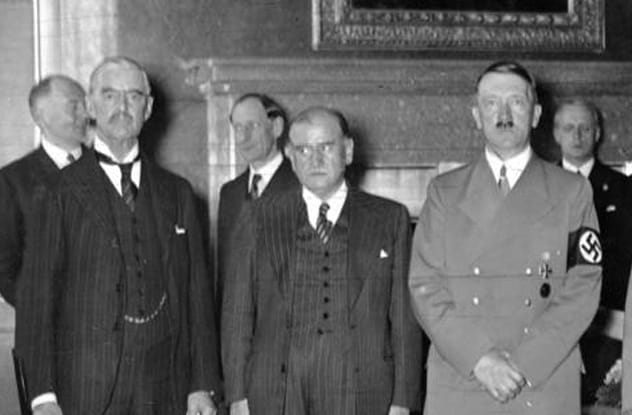
Adolf Hitler is synonymous with aggression and conquest, but a closer look reveals a more complex attitude towards his adversaries. Some historical interpretations suggest he harbored a significant fear of the Anglo-French alliance. For instance, during the re-occupation of the Rhineland, Hitler reportedly ordered his generals to retreat immediately if they encountered any French resistance.
Furthermore, Hitler apparently admired the British for their ability to build and maintain a vast global empire. He made several peace overtures to Britain, even after the war had begun. When Britain and France declared war on Germany following the invasion of Poland, Hitler was reportedly genuinely surprised. He is said to have turned to his foreign minister and asked, “What now?” Unfortunately for the world, the Allies were slow to act decisively, allowing Hitler to overcome his initial shock and escalate his war efforts.
4. South Korean Provocations Sparked The Korean War
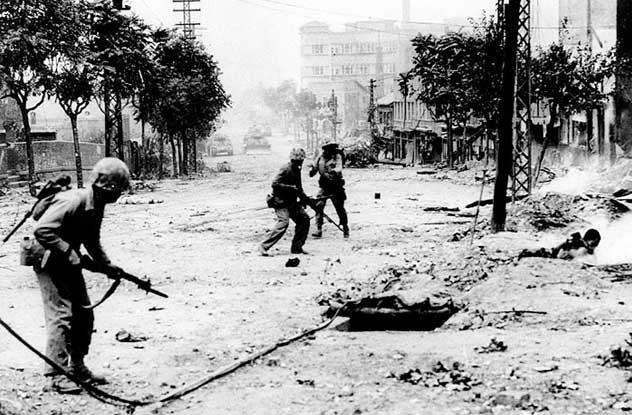
The conventional narrative taught in many history classes is that the Korean War began with an unprovoked invasion of South Korea by the North. However, this view often overlooks the actions and provocations from the South that contributed to the rising tensions.
In the years following World War II, both North and South Korea were responsible for numerous border incidents and escalating hostility. South Korean President Syngman Rhee, who was as authoritarian as his northern counterpart, Kim Il-Sung, was determined to unify Korea under his rule, even if it meant using force. His government frequently issued threats of war against the North, and South Korean armed forces regularly conducted raids into North Korean territory. These actions undoubtedly played a role in the volatile atmosphere leading up to the full-scale conflict, suggesting a more complex origin story than a simple, one-sided aggression.
3. The Atomic Bombings Were Unnecessary
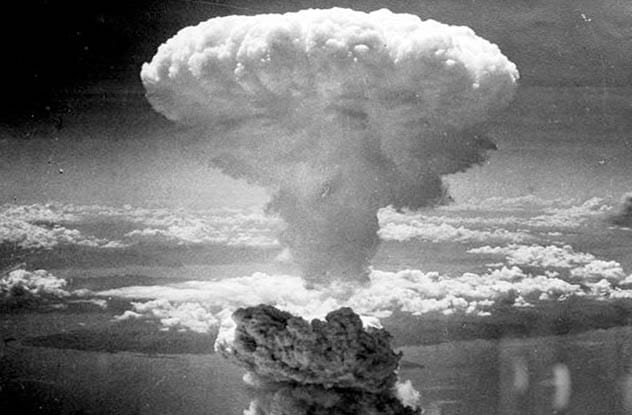
The atomic bombings of Hiroshima and Nagasaki are often justified as the tragic but necessary actions that ended World War II and saved millions of lives by avoiding a land invasion of Japan. But was dropping the bombs truly the only option?
According to some historical analyses, Japan was already sending secret messages to the Allies indicating its willingness to surrender, about a month before Germany’s surrender. Their main condition was that the Emperor be allowed to retain his position. The Allies initially rejected this condition. After the bombs were dropped and Japan surrendered, the Allies ironically did allow the Emperor to remain, albeit in a ceremonial role.
This raises the question: why use the atomic bombs if surrender was imminent? Revisionist historians suggest a different motive: the US wanted to demonstrate its new, terrifying power to the Soviet Union and thereby contain the spread of communism. If this was the intention, it arguably backfired. Instead of intimidating the Soviets into submission, it spurred them to accelerate their own atomic bomb program. The USSR successfully detonated its first atomic bomb just four years after the war ended, ushering in the nuclear arms race.
2. The Mongols Preferred Surrenders To Massacres
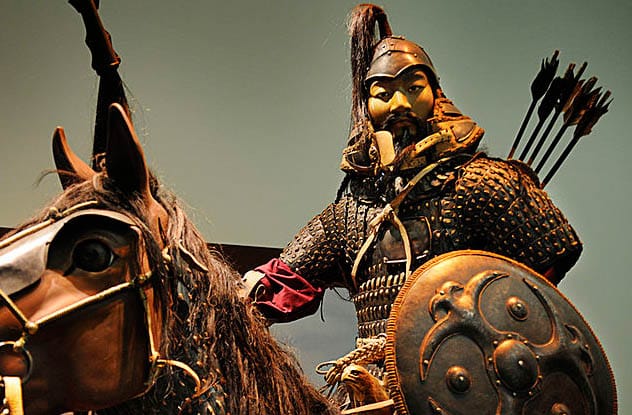
The Mongols, led by figures like Genghis Khan, are often remembered as bloodthirsty barbarians who slaughtered millions during their conquests. While their campaigns were undoubtedly brutal and resulted in many deaths, the scale of the massacres may have been exaggerated by their terrified enemies.
For example, one account claims the Mongols killed two million people in Herat, a city in modern-day Afghanistan. However, the entire population of Samarkand, a much larger regional capital at the time, was only around 200,000. The Mongols actually benefited from these inflated numbers. As their empire grew, they became masters of psychological warfare, encouraging and even spreading tales of their own atrocities. This reputation for ruthlessness often led cities to surrender without a fight, which, ironically, saved lives and resources for the Mongols. It was a calculated strategy, not just mindless brutality.
1. The British Were Never Going To Win The Revolutionary War
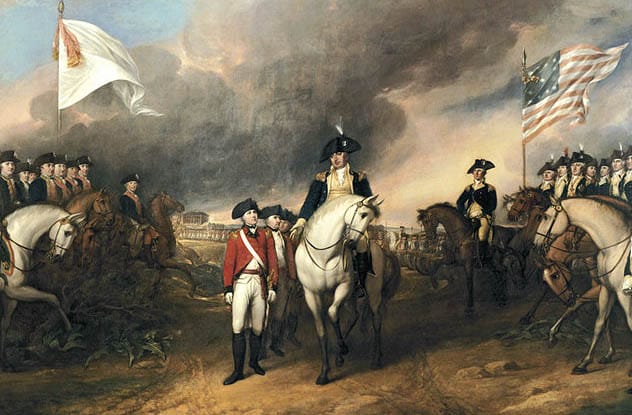
Hollywood movies often depict the American Revolution as a classic underdog story: a small band of plucky colonists bravely fighting against the mighty British Empire. However, looking at the strategic situation, some historians argue that the roles might have been reversed in terms of winnability.
In reality, the British faced enormous challenges. At the war’s outset, the British army was already stretched thin, tasked with protecting other vast territories within its empire. They had fewer than 40,000 soldiers available for the American conflict. Opposing them was a potential force of 250,000 to 375,000 colonial supporters of the Revolution. Crucially, Britain wasn’t just fighting the colonists; they were also contending with a powerful alliance of France, Spain, and the Netherlands. This alliance provided the Americans with vital funds, weapons, and, most importantly, naval power to challenge the Royal Navy.
While the British military was formidable, they had to achieve a total victory—crushing the rebellion completely—to win. George Washington, on the other hand, only needed to keep his army intact, continue the fight, and convince the British King and Parliament that the war was too costly and ultimately unwinnable. The vastness of the American territory and the logistical difficulties of supplying an army across the Atlantic also played into the colonists’ hands.
History is rarely as straightforward as it’s presented. These alternative perspectives show that there’s often more to the story, encouraging us to dig deeper and question what we think we know. The past is a complex tapestry, and looking at it from different angles can reveal surprising and thought-provoking insights.
What are your thoughts on these alternative views? Do you know of any other historical events with controversial interpretations? Leave your comment below and let’s discuss!










